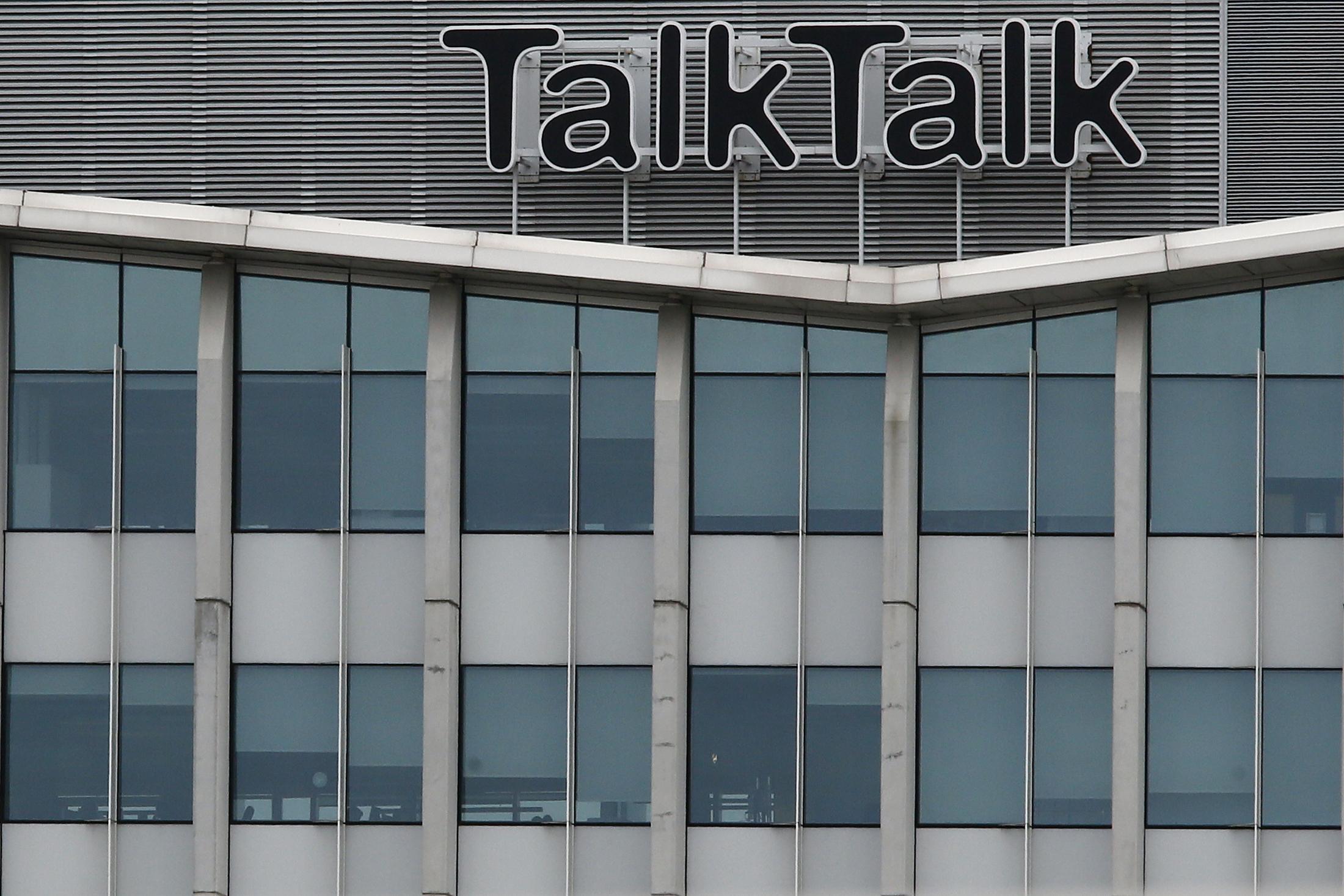Ofcom figures show broadband providers offering shabby service
Jeff Bezos’ head might explode if Amazon could only achieve an 80 per cent satisfaction score from customers. He wouldn’t be the richest man in the world if it did

According to Ofcom about eight in 10 Britons are satisfied with their broadband service. At first glance that looks pretty good. It implies that a large majority of customers are just fine.
But think about it a moment. It also shows that two out of every 10 Britons are unhappy with what they are getting from people they pay good money to every month for a service that can increasingly be regarded as essential. Try doing your tax without it, for starters.
That translates into an awfully large number of unhappy people. It’s in the millions.
Just imagine if, say, Amazon was producing customer satisfaction scores like that. Founder Jeff Bezos’ head might explode. He certainly wouldn’t be the richest man in the world.
What that figure – produced after some fairly exhaustive research by the watchdog – shows is that the broadband industry is basically sitting back and letting the money roll in while flipping off the people it is supposed to be serving.
If you look at some of the other data Ofcom has produced it gets worse. No broadband provider has better than 59 per cent satisfaction for complaints handling. It’s as low as 40 per cent for TalkTalk, rated by the regulator as the worst of the bunch.
With one provider PlusNet – slogan “Good Honest Broadband from Yorkshire” – the average call waiting time sloped in at a dismal seven minutes and 50 seconds.
Virgin Media produced the best set of numbers overall (at which I had to laugh a bit as a customer) but they still weren’t anything to write home about.
This is an allegedly modern industry run by Fred Flintstone. Most of its bosses seem to spend most of their time out bowling with the cartoon character when they aren’t sitting at their desks with their feet up, dreaming up ways to make excuses for not investing in the “service” they provide.
It’s worth recalling the data the next time some minister waffles on about Britain being a digital leader. It isn’t that. It isn’t anything close.
There’s a reason for companies that provide essential, or nearly essential, services behaving like this: it’s because they can.
That’s why they need regulators willing to wield a big stick. Is Ofcom now going to do that?
The regulator points out that companies don’t like being named and shamed like this. So the publication of the data is actually a good first step (there are also numbers up for mobile and landline provision which were better but still not ideal).
It might be the case that no provider stands out as good. But you can do better than TalkTalk if you’re willing to brave the risks of switching.
There are also new rules on the way about complaints handling, and a demand that companies provide better information about speeds. Next year will see automatic compensation paid if there are problems. BT’s infrastructure arm OpenReach, on which most of the rabble relies, faces tougher targets. The overall message? We’re not happy. We’re working on it.
So perhaps the next set of numbers will look better. But I have my doubts. Our Fred might need more than a talking to from the boss to get him working properly.
Join our commenting forum
Join thought-provoking conversations, follow other Independent readers and see their replies
Comments
Bookmark popover
Removed from bookmarks